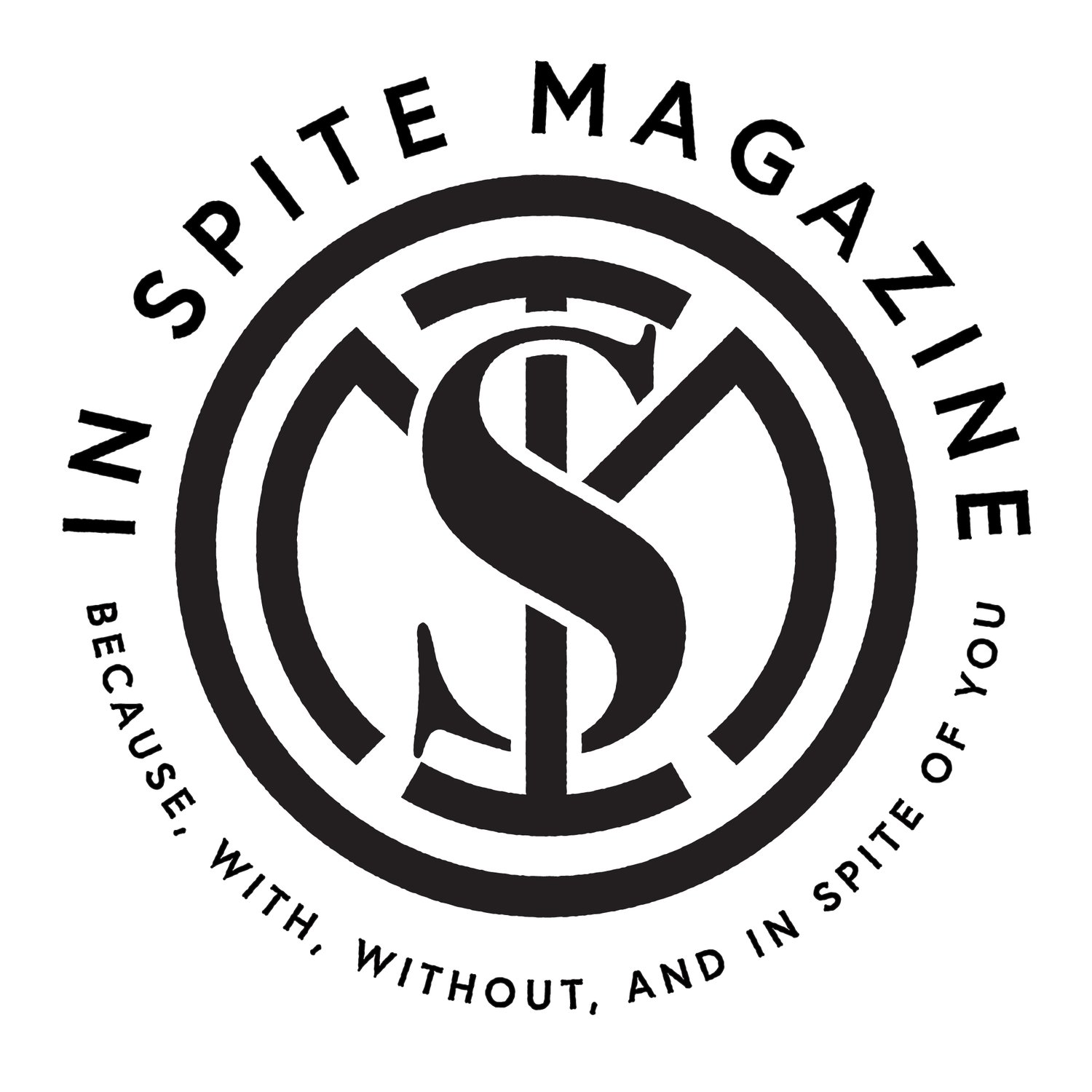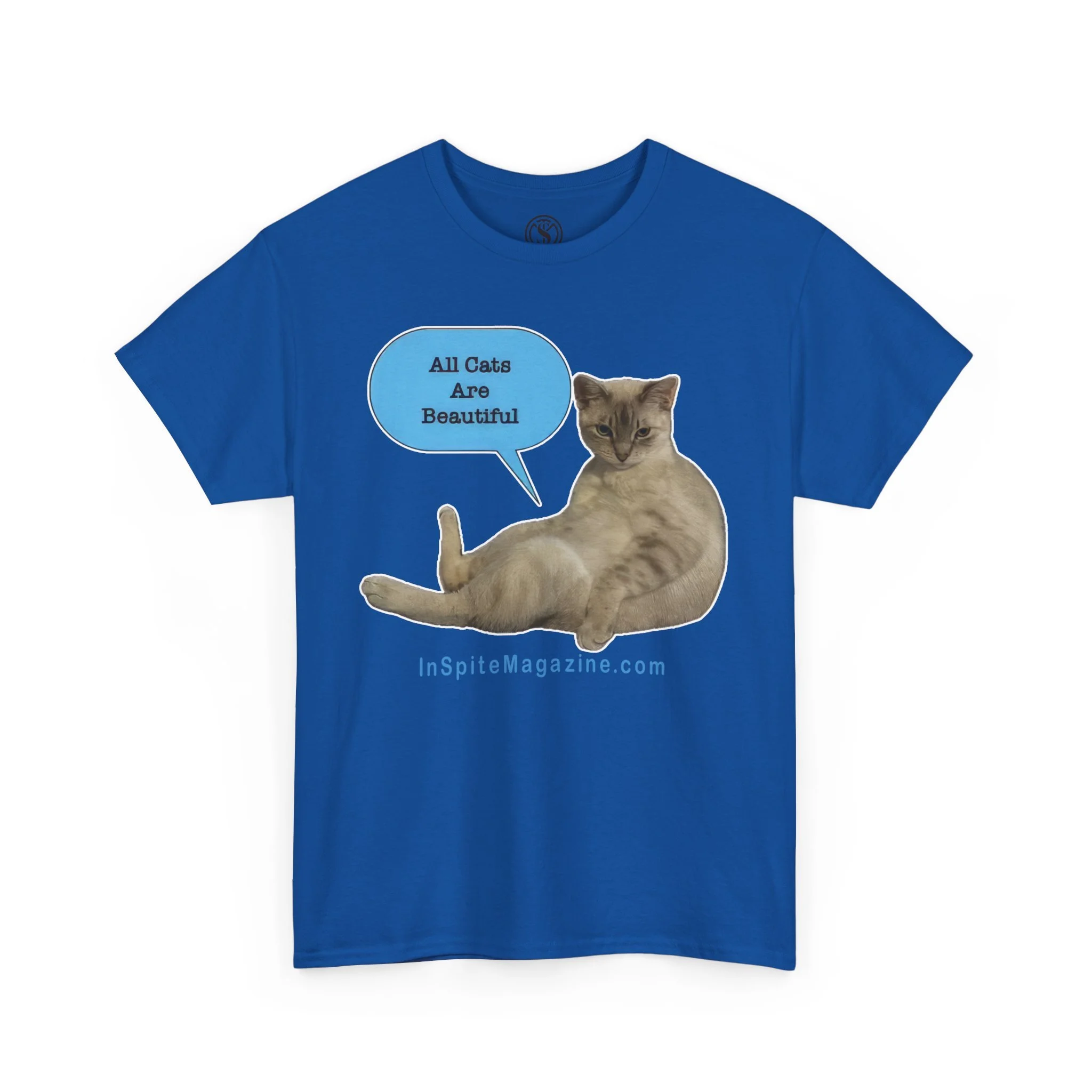Eve Libertine and Eva LeBlanc: Confrontation and Atmosphere
I feel one of the best things about the Rebellion Festivals is their willingness to book artists who aren’t strictly punk rock. Many have grown away from the label or feel like that was many lives ago. The artists are different people now, with different feelings and different forms of expression. Rebellion understands that, and it’s part of what keeps the festival vital. It isn’t just a nostalgia weekend; it’s a place where punk’s past, present, and future crash into each other in unexpected ways.
Eve Libertine and Eva LeBlanc at the Rebellion Festivals—All Photo ©dickslaughter.com
That spirit was on full display in the Opera House on Sunday night, when Eve Libertine and Eva LeBlanc, with the art direction by Penny Rimbaud, delivered not a concert but an orchestrated art piece—equal parts sight and sound, memory and reinvention.
The first part of the set reached directly into the past. Libertine reinterpreted lyrics from what, in my opinion, is one of the most important and world-changing punk albums ever recorded: CRASS’s Penis Envy. It wasn’t about nostalgia but about re-examination, what those words meant then and how they still resonate now, reshaped by time and experience.
As the performance unfolded, LeBlanc’s relentless, ear-splitting guitar work and ambient feedback created an evolving canvas, while Libertine’s voice shifted between speaking, singing, and screaming. She seemed able to switch personas on a dime, embodying different characters and emotions as the piece demanded.
Eve Libertine and Eva LeBlanc at the Rebellion Festivals—All Photo ©dickslaughter.com
The audience was transfixed—or repulsed. At times the Opera House fell into complete silence, as if everyone was holding their breath, waiting for the next word or sound. When the noise swelled, the hall seemed to vibrate, and the crowd absorbed it rather than resisting. It wasn’t the usual sing-along or pit frenzy of Rebellion, but a different kind of intensity, collective focus, raw and unbroken.
The set was not for everyone, and that felt at least somewhat intentional. The CRASS portion, paired with LeBlanc’s blaring, disjointed guitar, came across like a “you asked for it, you got it” response. For some in the audience expecting a straight CRASS set, the reinterpretation was disorienting, even alienating, and that seemed to be part of the point.
This was not punk in the narrow sense; it was performance art, but it carries the essence of anger, defiance, reinvention, and refusal to stand still. Rebellion’s decision to program Libertine and LeBlanc alongside the old guard and new blood of punk was a statement in itself. An artist doesn’t have to stay locked in the past. They can evolve, stretch, and still keep their teeth.
Eve Libertine and Eva LeBlanc at the Rebellion Festivals—All Photo ©dickslaughter.com
Steve Ignorant once said Crass had two sides in the ’80s: the beer and football crowd and the art school crowd. This performance was firmly in the latter camp, and it made no apologies for it. If you came looking for a sing-along and a pint-in-the-air moment, this wasn’t your set. But for the people it was for, it landed like a hammer, they loved every second of it.
As a photographer and pseudo-journalist covering Rebellion, I don’t often get to stay for the whole show. Photographers are permitted to shoot the first three songs, and then you’ve got to make your way through the crowd and get to the next venue. That’s the routine. But not this time. I found a seat in the balcony, put my camera down, and stayed until the very end.
I was glad I stayed, as what had been confrontational turned atmospheric when LeBlanc and Libertine moved into their own collaborations, still intense, but now pulling the audience inward instead of pushing them back. The room felt calmer, more immersive, and even meditative at times, as if the Opera House itself had been reset.
It felt like the kind of performance that truly belonged in the Opera House, with its beautiful décor and perfect acoustics. It was the other side of the coin to what we had just witnessed: electronic samples and more fluid, soothing guitar from LeBlanc, with Libertine’s distinctive and familiar voice still guiding us through.
What stood out most was Libertine’s voice. After all these years it still sounded great, distinctive, familiar, and commanding. She could cut through the room with a single phrase, then drop to something softer without ever losing control. At times it was sharp enough to slice through LeBlanc’s waves of sound; at others it seemed to float above them like a guide leading the audience deeper into the piece.
Eve Libertine and Eva LeBlanc at the Rebellion Festivals—All Photo ©dickslaughter.com
It carried history in it, the echo of CRASS, the weight of decades, and the authority of someone who has never stopped moving forward. That voice held the Opera House from the first word to the last, and it’s the reason this performance will be remembered long after the Rebellion festival lights go down.
If you want to explore more, you can find works from Eve Libertine and Penny Rimbaud in the Caliban Sounds section of the One Little Independent Records website.
Eve Libertine at the Rebellion Festivals—All Photo ©dickslaughter.com




















